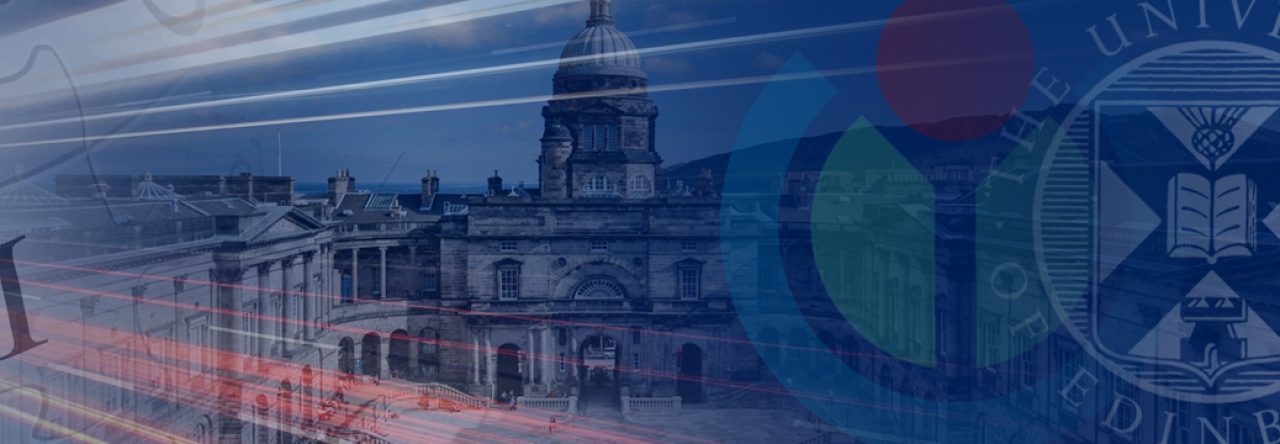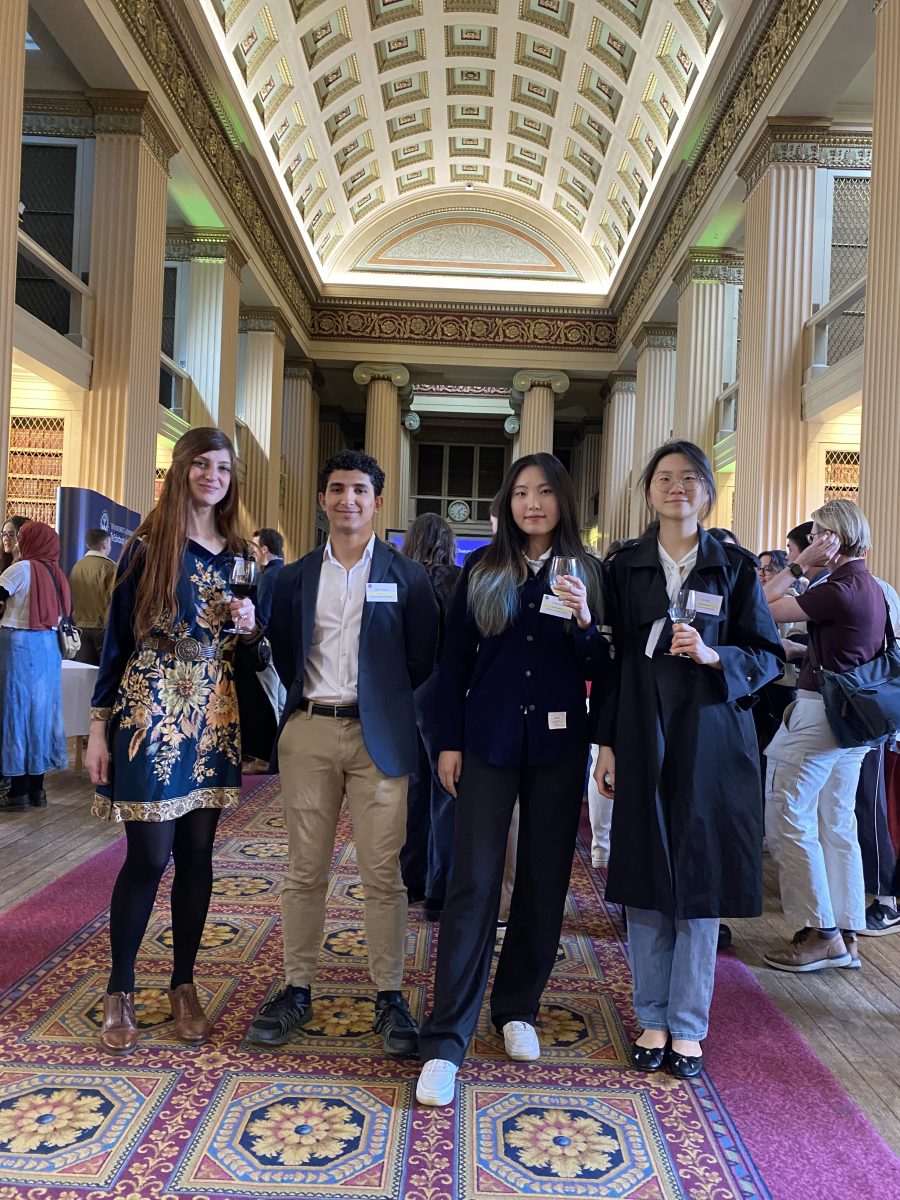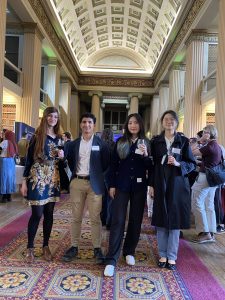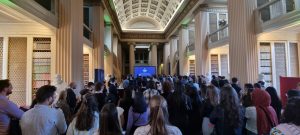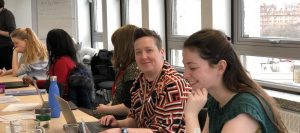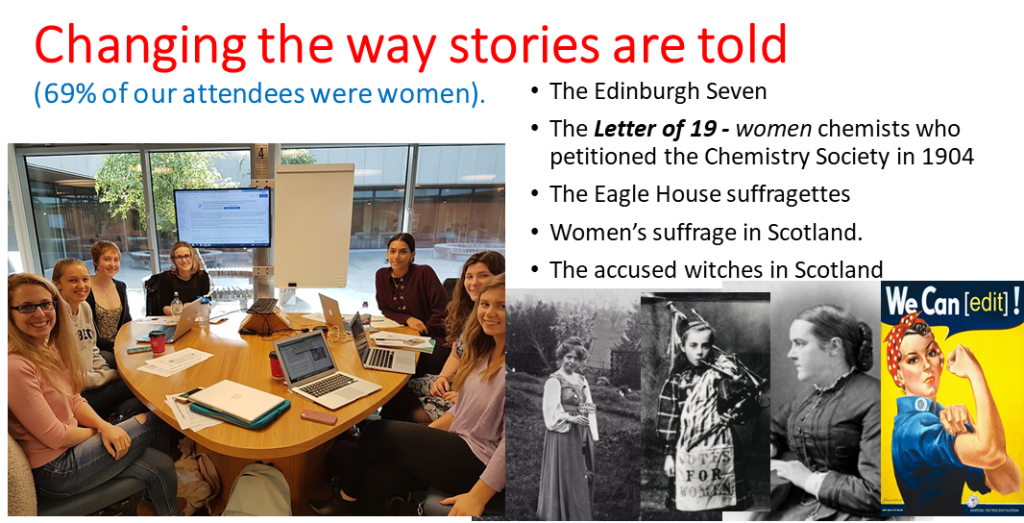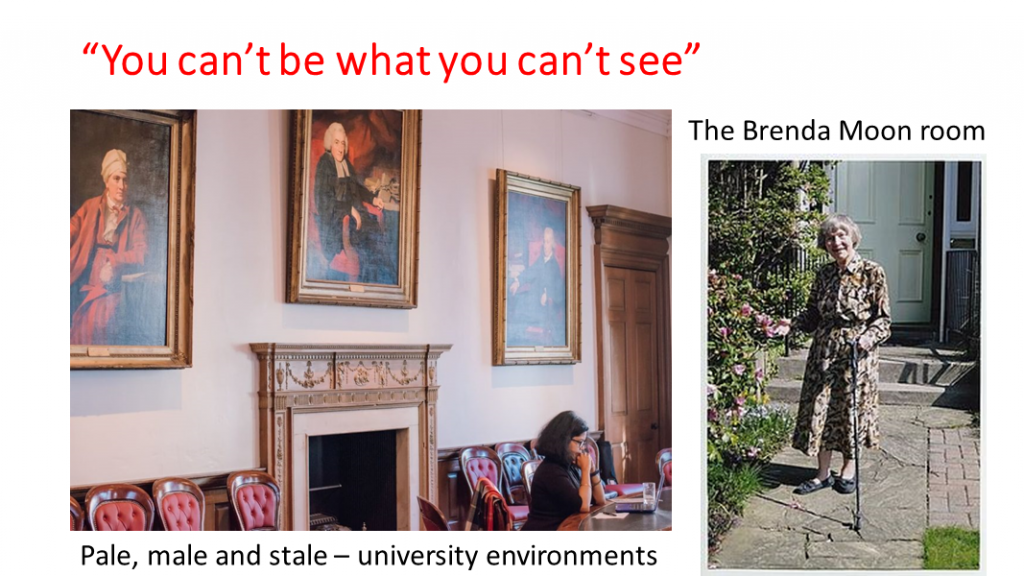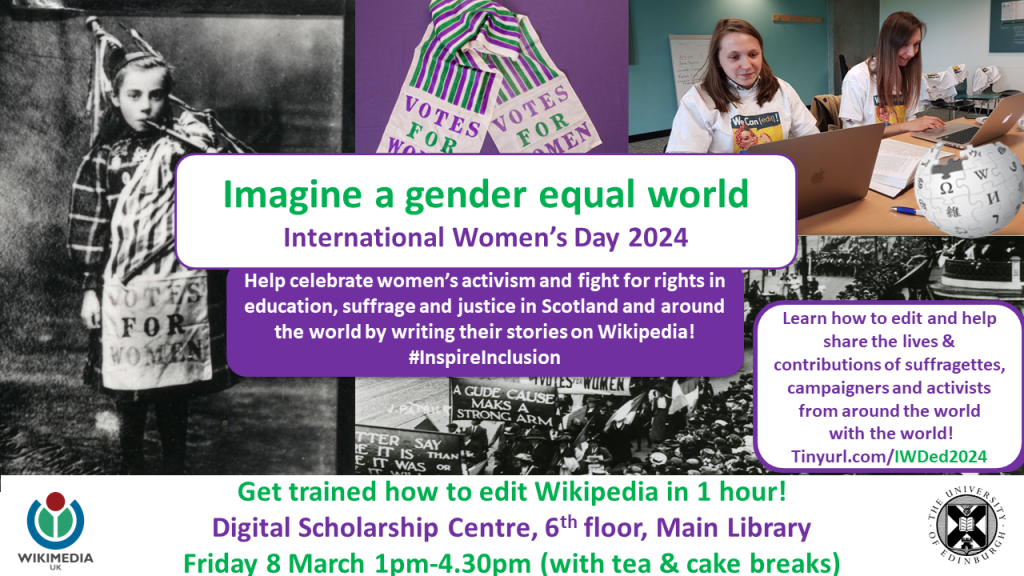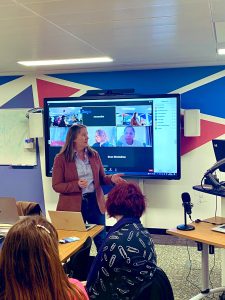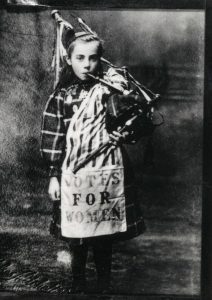Edinburgh Award 2023/4 Blog
This year I had my first experience helping with the Edinburgh Award Wikipedia project. The Edinburgh Award is a scheme which encourages students to volunteer in various projects that are happening around the University whilst undertaking their studies, with the ultimate aim of improving employability and graduate outcomes. Having undertaken an Edinburgh Award, myself during my undergraduate degree, it was a rewarding and full-circle experience to be part of it from the other side.
The Wikipedia project for the Edinburgh Award sees students identify an area of Wikipedia which is in need of improvement or is non-existent. Students are encouraged to pursue projects to do with their own interests and hobbies, these by no means need to be linked with their academic studies. This is what I find particularly fun about choosing a Wikipedia project to help to complete the Edinburgh Award, you can spend time delving into your interests which are independent to your studies.
This year, four fantastic students saw the project to completion. Their projects were diverse, covering a wide range of topics, and culminated in a substantial addition to knowledge on Wikipedia. The projects included:
- Mental Health in China
- Islamic History and Culture in addition to contributions to Population Genetics
- Latin American Literature and Publishing Houses
- Terms in Neuroscience
At the beginning, our students told it was a challenge to narrow down a topic when there are so many available to you. After a few weeks of trial and error and exploring different avenues they each settled on their chosen topic. They became really interested in researching their topic, spending lots of time fine tuning their project proposals. We encouraged the students to keep fortnightly logs so that we could keep a track of their progress. Students also identified three key graduate skills as areas for improvement. These included communication and interpersonal skills, organisational skills, problem solving, and digital literacy.
To help with this, throughout the project, we put on fortnightly drop-in input sessions so that students could attend and get any support that they might need achieving these goals and working on their projects. It also provided them with the opportunity to work together in the same space, exchanging knowledge and Wikipedia editing experiences. During these sessions, we were also often provided with lovely treats from Creme Eggs to sesame biscuits brought from Kuwait. This face-to-face contact was enjoyed by everyone. It was nice for students to be able to ask us questions and to see each other. A nice community feel was formed, and we could see the fantastic progress being made on projects week by week.
The final assessment saw the students’ update their improvement on their three graduate skills that they had identified at the start of the year. It was great to see that every student felt as if they had improved on each of their identified skills. In terms of employability, these experiences and personal progressions are invaluable. This assessment also needed the students to present their work to their peers and to us. These presentations were fantastic and really showcased the finale of all their hard work. Each student had achieved more than 50 hours of digital Wikipedia volunteering to have completed their projects, and this hard work and dedication was clear in their presentations. There was personal growth in each student, and it was a fantastic opportunity for them to show off all their hard work.
As a final celebration, to applaud all of the hard work done by each student on the Edinburgh Award they were invited to Edinburgh’s Playfair Library for a drink’s reception with staff, students and employers. This awards evening also featured a talk from the university’s own Peter Sawkins, who won the Great British Bake Off in 2020, who had himself previously completed an Edinburgh Award and even attributed part of his success in the competition to the process of completing the award! It was a great chance for all students to meet a stranger and get networking. It really was the cherry on top of the whole experience.
Overall, some amazing work was completed, with around 51, 000 words being added to English, Spanish, Chinese and Arabic Wikipedia’s. Between them, the group created 18 new articles and improved an impressive 53. Their contributions have amassed a whopping 699, 000 article views. The articles created, translated, and improved include:
- Abdur-Rahman al-Mu’allimee al-Yamani
- Mental Health of Chinese students
- Hamad Al-Ansari
- Names of God: Al-Khaliq, Al-Musawwir, Al-Quhhar
- I Dream’d I Lay
- Dura Matter
- Behavioural neuroscience
- Latin American Gothic (Spanish)
- Latin American Gothic (English)
- Charco Press
We are really proud of our ‘Fab Four’ students who completed the project. They did an amazing job, and we are looking forward to seeing what new, exciting projects will be brought forward to us next year!
This blog was written by Ellie Whitehead, Assistant Wikimedian in Residence.
